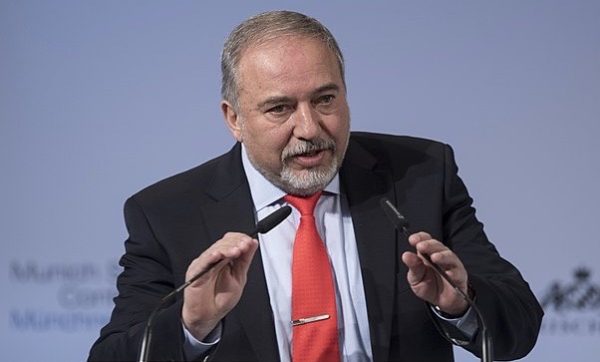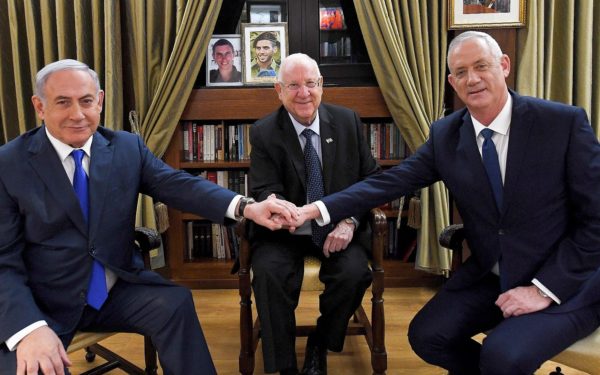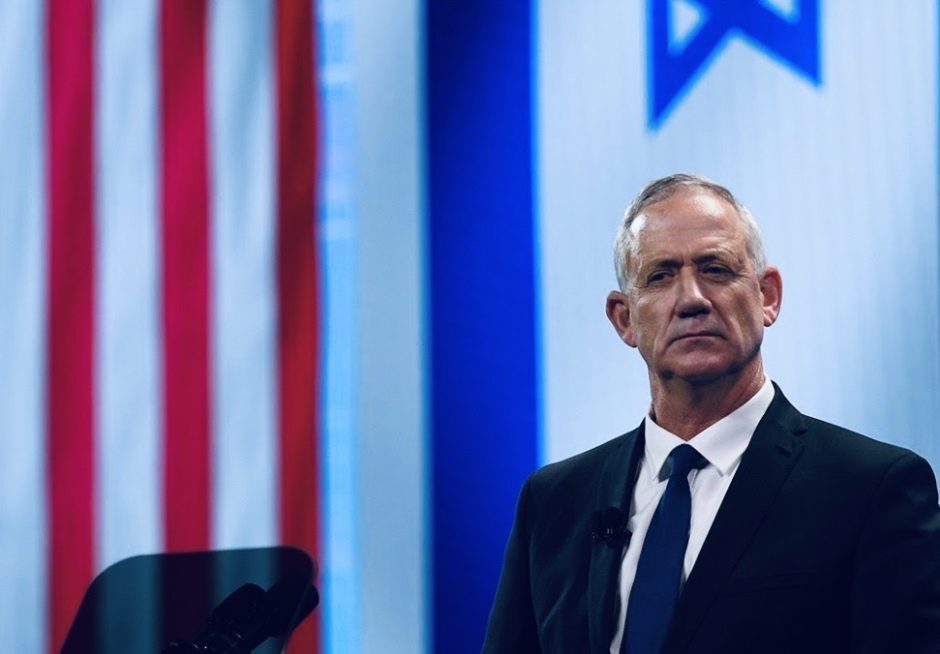Israel is wallowing in a state of political paralysis. For the past six months, in the wake of two inconclusive elections, the country has been adrift, bereft of a stable government.
It’s a reflection of the deep divisions in Israeli society.
The current situation began when Prime Minister Benjamin Netanyahu was unable to form a government following the general election on April 9, necessitating the need for another election on September 17.

Netanyahu, who recently turned 70 and is Israel’s longest serving premier, could have formed a government after the April election had his former defence minister, Avigdor Liberman of the Israeli Beytenu Party, lent him his support. Liberman refused to cooperate, rejecting a parliamentary bill that Netanyahu supported to grant haredi Jews exemptions from military service. As a result, Liberman declined to join the new government Netanyahu was attempting to establish. Since Liberman held the balance of power, Netanyahu could not move forward.
Unwilling to let Blue and White Party leader Benny Gantz, 60, try his hand at forming a government, Netanyahu dissolved the Knesset and called new elections. The results were less than gratifying for either Netanyahu or Gantz.
Netanyahu’s right-wing Likud Party won 32 Knesset seats, while his religious and secular allies — Shas, United Torah Judaism and Yamina — picked up 23 seats, giving them a grand total of 55 seats, six short of a parliamentary majority. On Netanyahu’s recommendation, they agreed to negotiate as a bloc with Gantz.
Gantz’s Blue and White Party managed to win 33 seats. The Labor Party and the Democratic Camp won 11 seats. With 44 seats in all, the center/left bloc was far behind Netanyahu and company.
The anti-Zionist Arab Joint List won 13 seats, but only 10 of its Knesset members were willing to endorse Gantz’s bloc from the outside.

Having failed to entice Gantz to join a national unity government that would be led by the prime minister, Netanyahu threw in the towel on October 21, following 28 days of maneuvering. Netanyahu returned his mandate to President Reuven Rivlin, clearing the way for Gantz to try to cobble together a government.
Netanyahu’s failure to construct a government was a watershed in Israeli politics. For the first time in a decade, someone other than Netanyahu has a chance to become prime minister.
In 2009, Kadima Party leader Tzipi Livni received a mandate to govern after winning 28 Knesset seats, one more than Netanyahu. Unable to assemble a government, she returned her mandate, allowing Netanyahu to return to the job he lost in the 1999 election. He coasted to victory in the next two elections in 2013 and 2015.
Gantz, the former chief of staff of the Israeli armed forces, received his mandate from Rivlin on October 23. It expires on November 20. Gantz’s objective is to form “a liberal unity government.” His chances of success are not high. Should he fail, a third election will likely take place, much to the chagrin of many Israelis.

The divisive atmosphere in Israel is such that when Rivlin passed the baton to Gantz, he delivered a brief lecture, “These are fateful days,” he said. “The urgency of the hour and the challenges that we are facing obligate us to form a government as soon as possible.”
Liberman, whose party won eight seats in the lasts election, has consistently called for a secular national unity government consisting of Likud, Blue and White and his own party. It probably will not pan out. Netanyahu refuses to play ball unless his ultra-Orthodox partners, Shas and United Torah Judaism, are included in a deal. Gantz, for his part, refuses to form an alliance with the Likud unless he gets first shot at being prime minister and as long as Netanyahu faces an indictment in three corruption cases. Gantz, too, is reluctant to sit with haredi parties.
And it’s debatable whether Gantz would join forces with the Arab Joint List. Liberman, the kingmaker, has ruled out such a scenario. Netanyahu claims that Gantz intends to form a minority government with the outside support of the Arab Joint List. Such a government, he says, would “endanger our security.”

Ayman Odeh, the leader of the Arab Joint List, has urged Gantz to invite his party into a coalition government. His colleague, Mansour Abbas, has acknowledged that while the Arab Joint List is anti-Zionist, it seeks a solution to the problem of inequality between Israeli Arabs and Jews and wants a resolution of Israel’s conflict with the Palestinians.
“From a pragmatic perspective, we are ready for a compromise between the Zionist movement and Palestinians,” said Abbas. “We believe that compromise should entail full citizenship for Palestinians in Israel, including civil and national rights, and the establishment of a Palestinian state in the West Bank, Gaza Strip and East Jerusalem.”
During the last two election campaigns, Gantz has not really spoken of a two-state solution, nor has he seriously addressed the issue of Israel’s minority Arab community, which represents 20 percent of its overall population.
If Gantz leaves the Arab Joint List out of his calculations, he could possibly turn to disaffected members of the Likud for support. It’s not an improbable idea. According to a poll released by the Israel Democracy Institute, almost half the members of the Likud believe that Netanyahu should resign if he’s indicted on charges of fraud, corruption and bribery.
The attorney-general is widely expected to deliver his verdict next month, perhaps before Gantz’s mandate expires. His decision could have a marked impact on Israel’s future.
